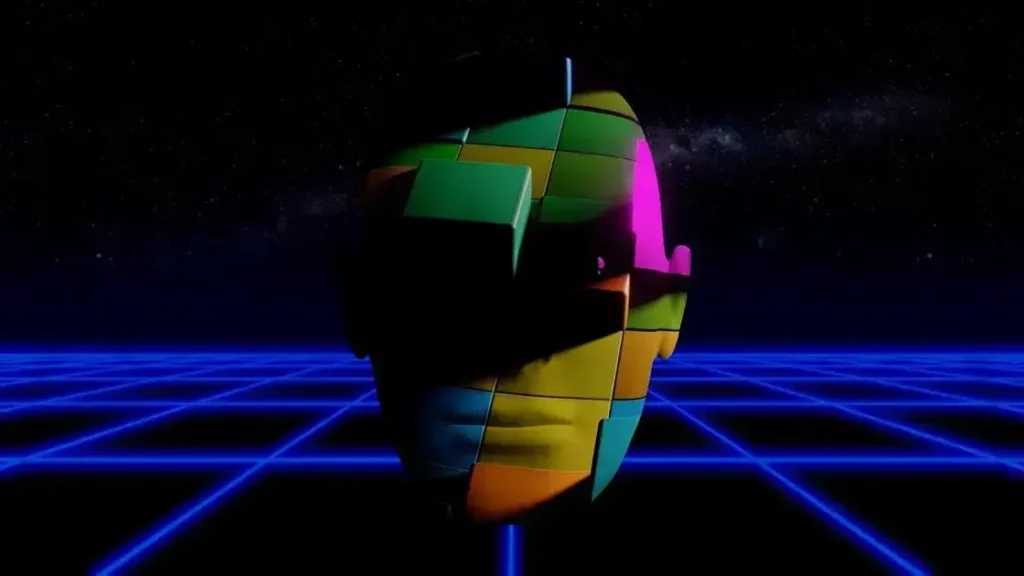Leitura: 7 minutes Boost your career with globally-recognized certificates—without spending a cent. Free online life science courses offering certificates of completion are reshaping access to top-tier education for professionals and students alike. This article breaks down the market landscape, advantages, and what leaders need to know for seizing competitive advantage in life science sectors.
Who’s Offering and Why?
Universities, big tech, and leading research groups have all entered the game, offering free life science courses with certificates to attract global talent and build brand awareness.
- Coursera and edX: Partners like Harvard, Stanford, and MIT provide modules in genetics, molecular biology, and bioinformatics.
- FutureLearn and OpenLearn: Emphasis on practical health sciences, public health, and lab techniques.
- Google and Microsoft: Adding bio-data science and AI-powered healthcare analytics.
The upshot? Leading organizations are cultivating brand loyalty and expanding their talent pipelines—without geographic limits. In practice, this means a rapidly growing global talent pool and easy upskilling, ideal for agile market players. Are you watching where your future workforce is learning their skills?
How Certificates Drive Market Value
Certified courses are transforming how skills are validated in the life science labor market. Hiring managers use these credentials as proof of initiative and up-to-date expertise, while professionals gain credibility faster.
- Certificates showcase verified technical skills to employers worldwide.
- They add a brand advantage if associated with Ivy League institutions or big tech profiles.
- Open doors to remote work, research, and health-tech consulting.
On the ground, candidates with these certificates often leapfrog others in competitive recruiting processes. The message to anyone aiming for relevance in the market is: Digital credentials are the new currency of trust. Are your teams equipped with valid, recognized skills?
Competitive Edge: Upskilling Without Borders
Open-access life science education is an equalizer, leveling the playing field for those outside traditional academic pipelines.
- Upskilling is now borderless, giving small startups and large firms alike a shot at rapid expertise development.
- Supply chains in pharmaceuticals and biotech benefit from a global base of certified specialists.
- The market share may shift to innovators who embrace continuous learning culture.
The practical implication: Those who invest in upskilling see shorter recruitment cycles, lower turnover, and more innovation. How is your business integrating continuous education into its talent strategy?
Platforms: Strengths and Weaknesses
No platform is perfect. Coursera and edX lead for academic depth; FutureLearn and OpenLearn stand out for practical, bite-sized courses.
- Coursera: Broad catalog, but many certificates are paid unless you apply for financial aid.
- edX: Top-tier partners, but completion rates are low due to course rigor.
- FutureLearn and OpenLearn: Easy interface, but certificates may have less global recognition.
In practice, platform selection should align with your business’s competency needs and desired recognition level. Are you choosing the optimal channel for your learning goals?
Emerging Trends: Tech and Regulation
Rapid change is on the horizon. Artificial Intelligence (AI) is reshaping how content is delivered and evaluated. Some platforms now use AI for personalized feedback, adaptive modules, and scam-proof digital certificates.
- Blockchain tech is being piloted to make certificates tamper-proof.
- Regulatory bodies are starting to recognize digital micro-credentials in continuing education credits.
- Integration with HR software allows auto-verification during hiring.
On the market, this signals that digital-first and AI-powered education will become the new standard. Is your organization ready to verify, recognize, and leverage digital credentials faster than the competition?
